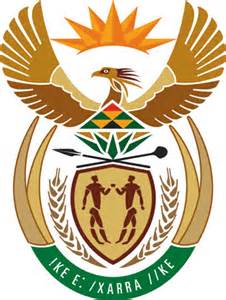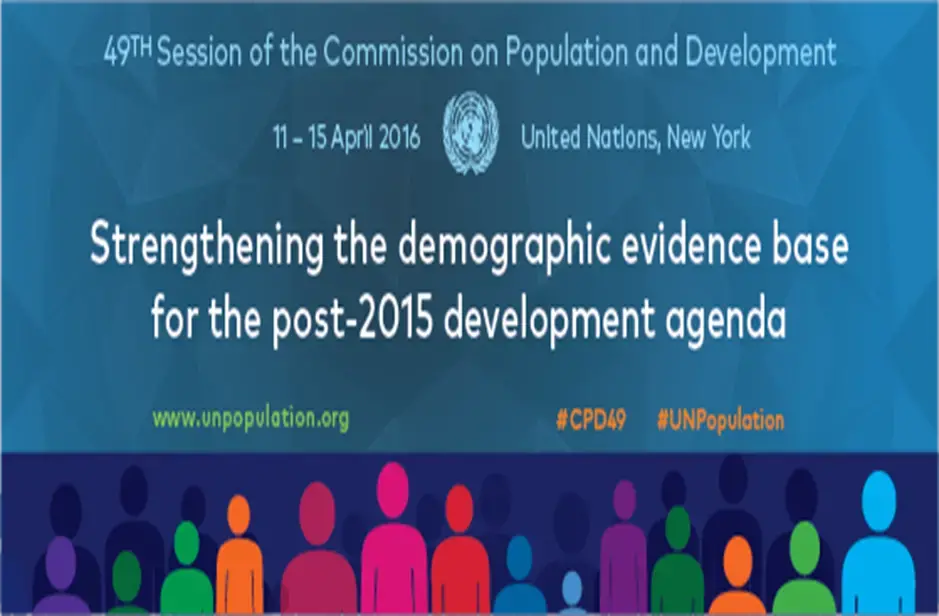The Permanent Mission of the Republic of South Africa to the United Nations, together with the United Nations Population Fund (UNFPA) and the International Planned Parenthood Foundation (IPPF) Host a Side Event on:
“PROGRESS IN REALISING THE ADDIS ABABA PROMISE TO THE YOUTH OF AFRICA”
Date: Tuesday, 12 April, 2016, Time: 1:15pm - 2:30pm, Venue: Conference Room 12, UN Headquarters.
Tentative Programme
Chair: Ambassador Kingsley Mamabolo
Panellists
Keynote Address : Dr Babatunde Osotimehin - UNFPA Executive Director
H E Mr Martin Nivyabandi - Minister of Human Rights and Gender: Burundi
Mr Zane Dangor - Special Advisor to the Minister of Social Development: South Africa
Dr Simon Miti - Ministry of National Development Planning: Permanent Secretary: Zambia
Mr Tewodros Mellesse - Director-General: International Planned Parenthood Federation
Progress in realising the Addis Ababa promise to the Youth of Africa
Amongst pressing concerns identified in the Addis Ababa Declaration on Population and Development in Africa in 2014, was the plight of young people who represent more than 25% of the population. The commitment of the Addis Ababa Declaration in Africa emphasized the “provision of decent work and appropriate skills for young people through effective policies and programmes that generate employment and sustainable work, consistent with international conventions and regional declarations, to ensure higher social, economic and human development returns from the demographic dividend”. The Addis Ababa Declaration further put emphasis on the “maximization of benefits of the demographic dividend by investing in creating opportunities and a supportive environment for innovation, creativity and entrepreneurship for young people to create and access jobs and realize their full potential”.
The youth are critical for a country's continued development and demographic evolution. This population represents new entrants into a country's labour force and will also serve as the basis for future demographic growth. The youth can therefore be either a major source of national development, or serious social friction depending on the success with which they are incorporated into the labour market and other social structures.
Governments, researchers and civil society have increasingly recognized that quality education, training, health information and services, as well as human rights protections and opportunities to participate in decision-making are necessary for the young people. With these investments, the youth are able to thrive, contribute fully to their societies, and develop the judgement, values, behaviours, and resilience they need to be safe, to end discrimination and violence, especially against girls and women, and to help create and sustain national and global peace. In turn, this generation will nurture the next so that they can reach their full potential and participate effectively in a rapidly changing globalized world.
Against this backdrop, distinguished African leadership figures from different sectors and countries will make short presentations on their involvement in and experience of delivering the “Addis Ababa promise” to Africa’s young people, across a broad range of services that are required to improve the sexual and reproductive health of the continent’s youth and adolescents. A general discussion will follow on the lessons learnt thus far, and future priorities.





